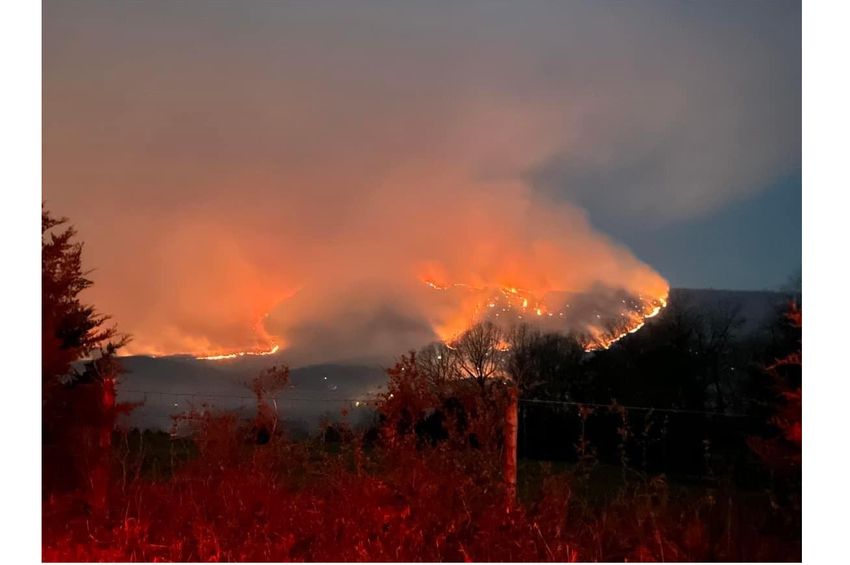
Smoke Signals Heart Health Risks
Smoke from Canada wildfires is rapidly drifting into the U.S. and the American Heart Association, a global force changing the future of health for all, warns that this wildfire smoke exposure may pose an increased risk for heart disease.
“While breathing problems and respiratory health dangers are often considered the biggest health impact from wildfire smoke, it’s important to recognize the impact on cardiovascular health, as well.,” said Keith Churchwell, M.D., FAHA, American Heart Association volunteer president, an associate clinical Professor of Medicine at Yale School of Medicine in New Haven, Connecticut and adjunct Associate Professor of Medicine at the Vanderbilt School of Medicine, Nashville, Tennessee. “Wildfire smoke contains a lot of pollutants including fine, microscopic particles linked to cardiovascular risk. As these fires continue to burn that contaminated smoke is traveling many miles beyond the immediately affected area.”
Several research studies have linked smoke exposure to an increased risk of sudden cardiac arrest and a higher volume of visits to local emergency rooms for other cardiovascular disease-related causes.
People with underlying cardiovascular disease risk factors may be at risk for an acute cardiovascular event when exposed to wildfire smoke.
According to the American Heart Association, recognizing the signs of a heart attack or stroke are important. Churchwell urges pay attention to your body and call 911 if you have:
Additionally, knowing and performing CPR can more than double the chance of survival in the event of a cardiac arrest.
The U.S. Environmental Protection Agency, in collaboration with other government and private agencies, offers a zip code-level tracking map of current air quality at airnow.gov. Churchwell recommends checking that site regularly if you’re seeing signs of wildfire smoke and haze developing where you live. It’s also important to stay informed about any special alerts sent out by your local health department.
Churchwell offers the following tips for reducing exposure to wildfire smoke:
“While these types of wildfires and the extent of their smoke reach can’t always be predicted, protecting yourself and your family from poor air quality throughout the year is something to consider,” Churchwell said. “In the American Heart Association’s 2020 scientific statement on air pollution exposure, we note that one of the most effective measures is the use of portable air cleaners, which have been shown to reduce indoor particulate matter by as much as 50-60%. Given their modest upfront cost ($50-200) and potential benefits in reducing cardiopulmonary outcomes, this measure has a high benefit for the cost.”
Churchwell said while most people in the U.S. are not directly impacted by the physical wildfires burning in Canada, the exposure to this lingering smoke can be extremely harmful and shouldn’t be taken for granted. “Protect yourself, be alert and prepared,” he said.
The American Heart Association has resources to help at www.heart.org.
https://newsroom.heart.org/news/where-theres-smoke-theres-fire-and-heart-health-risks


